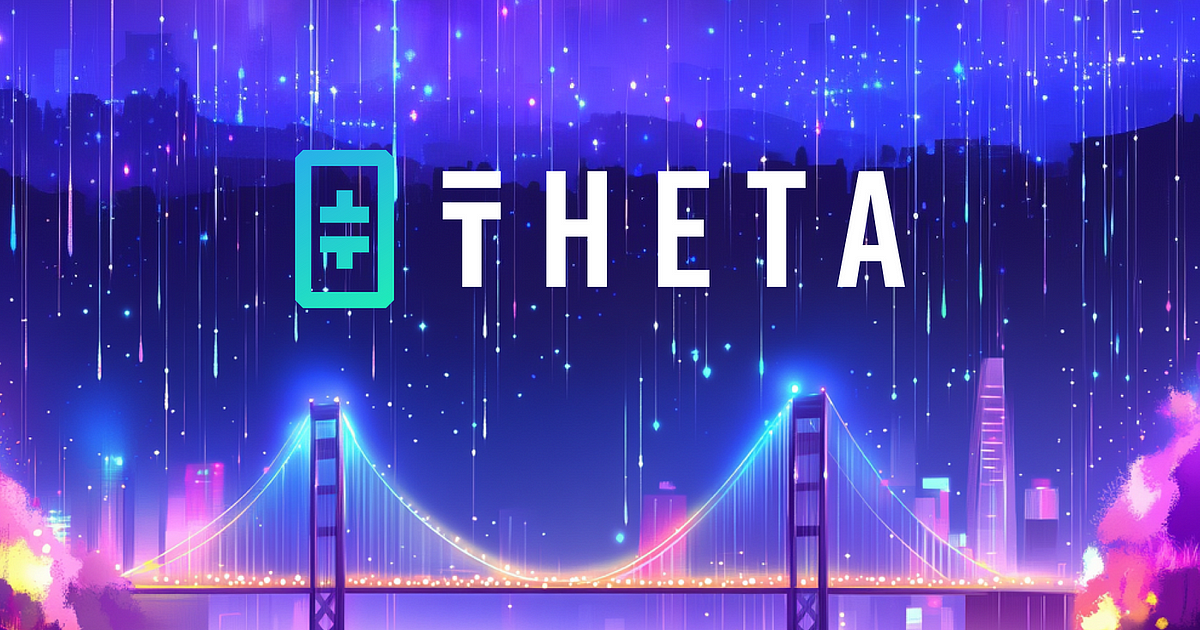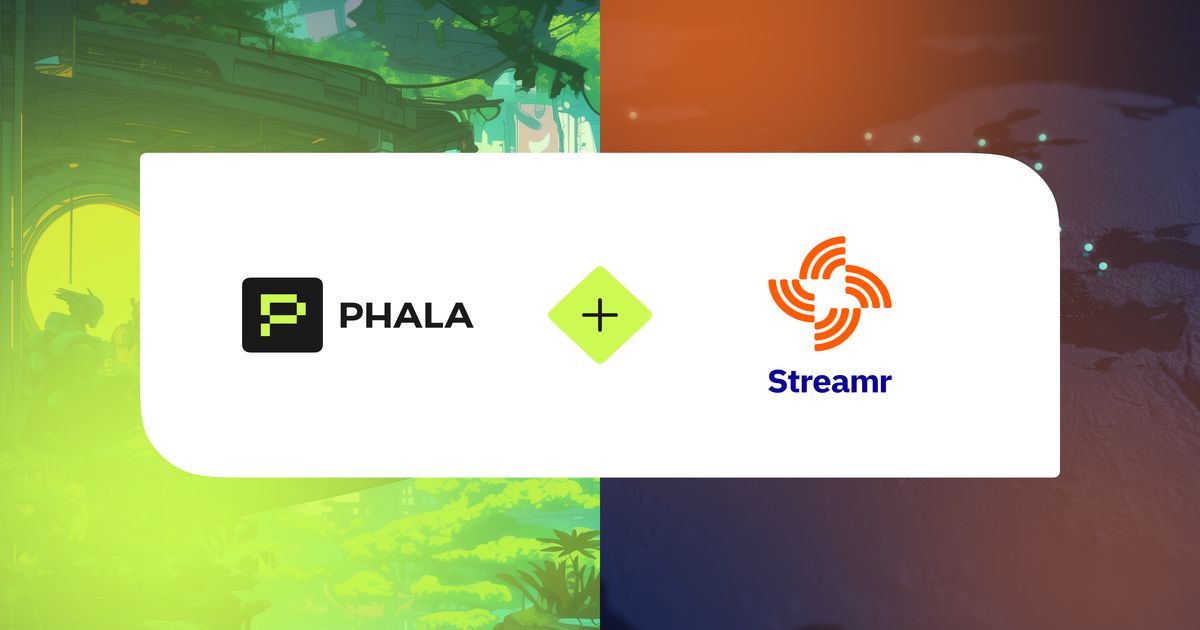McLaren to Log GT4 Supercar Performance on Blockchain

McLaren Artura GT4’s engine performance data will be recorded on the blockchain, providing real-time analysis during testing at Circuit de Spa-Francorchamps. Race Lab, a British GT Championship team, will use a blockchain-powered data tracker to log 20 parameters, such as ignition timing and steering angle, enhancing performance monitoring. The integration of Minima’s DePIN data logger with Influx Technology allows for real-time data collection, which recently helped engineers identify and resolve a wheel turn radius fault. This technology not only ensures data integrity and vehicle history for resale value but also aids in compliance with racing regulations. Furthermore, it has the potential to improve fan engagement through live data streaming for sim racing.
Related News





